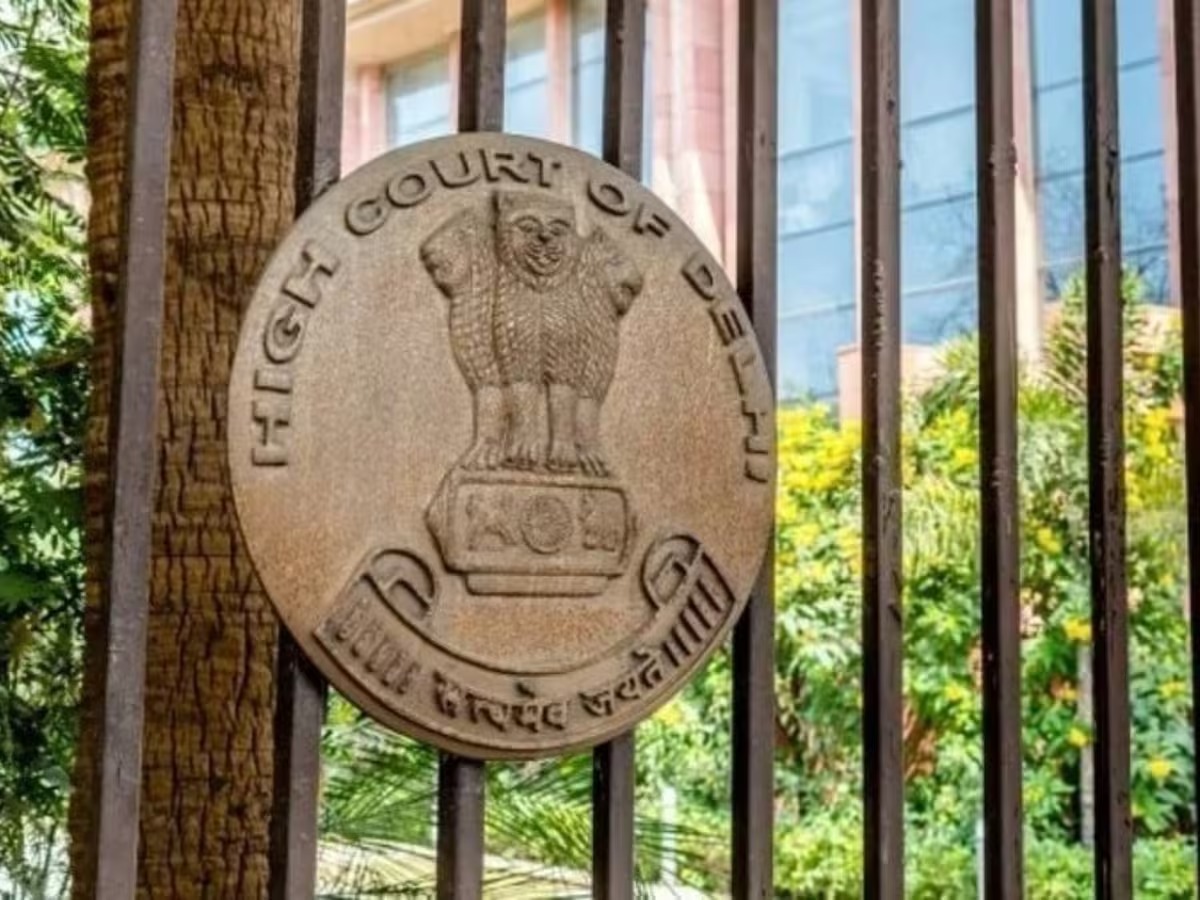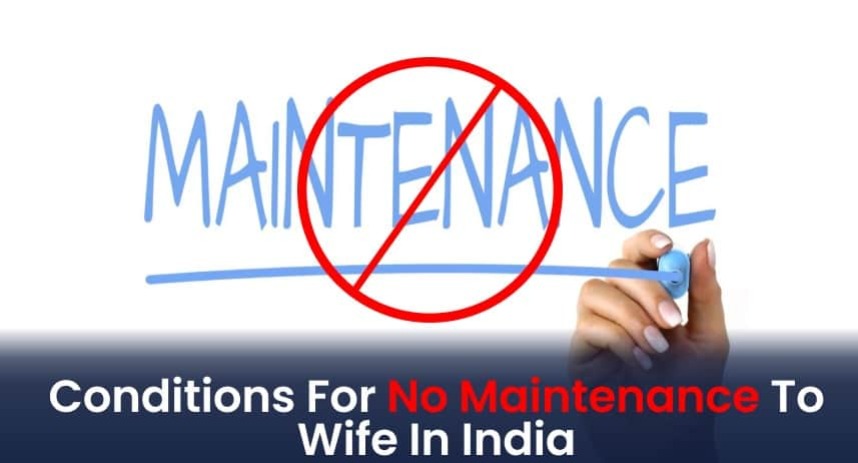Prashant Kumar Mishra, J
1. This order shall govern the disposal of IA Nos.4/2018 & 7/2018 in both the Writ Appeals seeking amendment in the Writ Petition Nos.336/2006 and
382/2006 respectively.
2. In the present Writ Appeals, challenge is thrown to the common order passed by the learned Single Judge in WP Nos.336/2006 and 382/2006 on
10.10.2017. In the Writ Petition, the petitioner would challenge the order dated 30.12.1997 passed by the Assessing Authority; the order dated
7.3.2005 passed by the Revisional Authority. The issue in both the writ petitions is as to the validity of the tax levied on manufacture of wires from
wire rod. While the petitioner would rely on Telangana Steel Industries and others Vs. State of A.P. and Others 1994 Supp (2) SCC 259, State of
Tamil Nadu Vs. M/s Pyare Lal Malhotra and Others (1976) 1 SCC 834 and Rajasthan Roller Flour Mills Association and Another Vs. State of
Rajasthan and Others 1994 Supp (1) SCC 413, to contend, inter alia, that wire rods and wires both form integral part of items (xv) of Section 14 (iv)
under the Central Sales Tax Act, 1956, therefore, when the sales tax has already been paid on wire rods, the wire manufactured from  such wire
rod is not exigible to sales tax in view of the interdiction under Section 15 (a) of the Central Sales Tax Act, 1956. However, the learned Single Judge
has referred to the subsequent Supreme Court's decision in the matter of TVL K.A.K. Anwar and Co. Vs. State of T.N. (1998) 1 SCC 437 Â which
was a case involving ""hides and skins"".
3. It was contended by learned counsel for the appellant/ petitioner that in course of hearing it came to be noticed that initially the Board of Revenue in
its order dated 1.12.1992 held that tax is leviable only at one point i.e. either on wire rod or wire and the Hon'ble High Court of M.P. in reference
petition passed an order on 16.10.1995 (Annexure-P/6) answering the reference against the Revenue holding that when the sales tax is already paid
on wire rods, the wires manufactured from such wire rods are not exigible to sales tax. After the order passed by the Board of Revenue on 1.12.1992,
the Assessing Authority passed an order on 30.12.1997 holding that sales tax/entry tax is not leviable on wires made out of wire rods, but has held that
since during the process of drawing of wires from the wire rods, the end pieces which are produced and sold comes under separate category vide
item (xvi), which is separate from the wire drawn from wire rods under category (xv), therefore, the end pieces of wire rods are taxable.
4. In the above circumstances, the petitioner felt necessary, in course of previous hearing, that to clarify the challenge made in the writ petition, it is
necessary to move amendment so that the nature and extent of challenge is clearly understood, which would eventually assist this Court in decision
making.
5. It was also argued that the amendment is bona fide and would not change the nature of the proceeding nor the opposite party would be taken by
surprise, therefore, to avoid multiplicity of proceeding, amendment deserves to be allowed. Shri Shrivastava, learned counsel, has referred to the
various judgments of the Supreme Court as to when amendment should be allowed by the Court.
6. In paras-63 & 64 of the judgment in the matter of Revajeetu Builders and Developers Vs. Narayanaswamy and Sons and Others (2009) 10 SCC
84, the Supreme Court has summerized the factors to be taken into consideration as to when amendment in the pleadings should be allowed:-
63. On critically analysing both the English and Indian cases, some basic principles emerge which ought to be taken into consideration while allowing
or rejecting the application for amendment:
(1) whether the amendment sought is imperative for proper and effective adjudication of the case;
(2) whether the application for amendment is bona fide or mala fide;
(3) the amendment should not cause such prejudice to the other side which cannot be  compensated adequately in terms of money; (4) refusing
amendment would in fact lead to injustice or lead to multiple litigation;
(5) whether the proposed amendment constitutionally or fundamentally changes the nature and character of the case; and (6) as a general rule, the
court should decline amendments if a fresh suit on the amended claims would be barred by limitation on the date of application.
These are some of the important factors which may be kept in mind while dealing with application filed under Order 6 Rule 17. These are only
illustrative and not exhaustive.
64. The decision on an application made under Order 6 Rule 17 is a very serious judicial exercise and the said exercise should never be undertaken in
a casual manner. We can conclude our discussion by observing that while deciding applications for amendments the courts must not refuse bona fide,
legitimate, honest and necessary amendments and should never permit mala fide, worthless and/or dishonest amendments.
7. Per contra, Shri Bhaduri, learned Govt. Advocate, would vehemently oppose the application. He would submit that the pleading made in the writ
petition has culminated in the order passed by the learned Single Judge, therefore, in Writ Appeal, decision making should be confined to the points
already raised in the writ petition. He would refer to Section 2 of the Chhattisgarh High Court Appeal to Division Bench Act, 2006. He would also
refer to the judgments in the matters of Patasibai and Others Vs. Ratanlal (1990) 2 SCC 42, Revajeetu Builders (Supra), Piare Lal Vs. Union of India
and Others (1975) 4 SCC 76 and  Municipal Corporation of the City of Jabalpur Vs. State of Madhya Pradesh and Another AIR 1966 SC 837.
8. We have heard learned counsel for the parties at quite length and perused the material available on record and the judgments of the Supreme Court
referred by them. It appears, the grounds on which the subject impugned orders has been questioned is known to both the parties. It is particularly
known to the State whose statutory authorities have passed the order, therefore, any amendment in the pleading clarifying the nature and extent of
challenge would not take the State by surprise. Perusal of the subsequent order passed by the Assessing Authority would make it abundantly clear
that what is eventually subjected to levy of tax is the end pieces of wire rods. Therefore, it would be just and fair to allow the petitioner to amend the
pleading. In writ appeal proceeding it always remains open for the Division Bench to cull out the real issue falling for decision making of the Court.
While considering the grounds of challenge against the order passed by the learned Single Judge, in an intra-court appeal, the writ Court is entitled to
dwell on the issue which emerges from the documents available on record and if, in order to clarify the position which flows from material already
available on record, a party to the proceeding moves amendment to the writ petition or counter affidavit, it would be in the interest of justice to allow
such amendment so that fullest opportunity is allowed to the parties to place their respective cases before the Court so that injustice may not ensue
and multiplicity of proceeding is avoided.
9. For the foregoing, prayer for amendment is allowed. The petitioner shall incorporate amendment in the original writ petitions within 7 days and
thereafter the respondents may file additional return within next 3 weeks. After filing of additional return by the State, the petitioner shall file paper
books within next 15 days. The matter shall thereafter be placed for hearing before the appropriate Bench.

